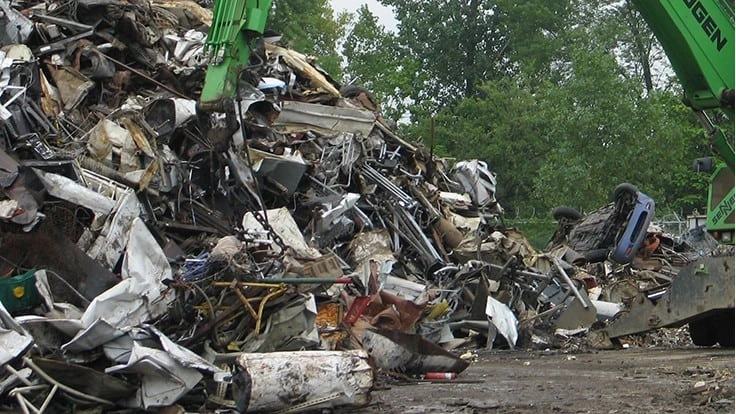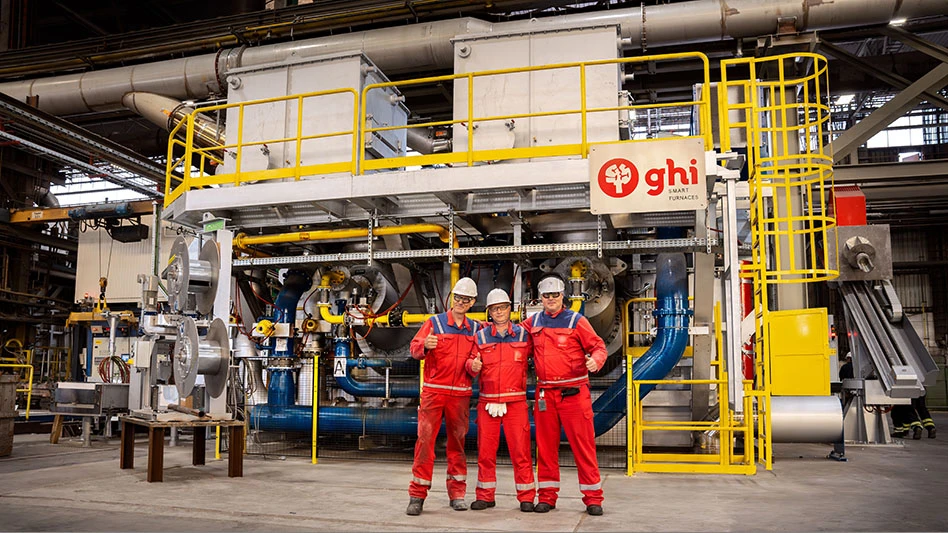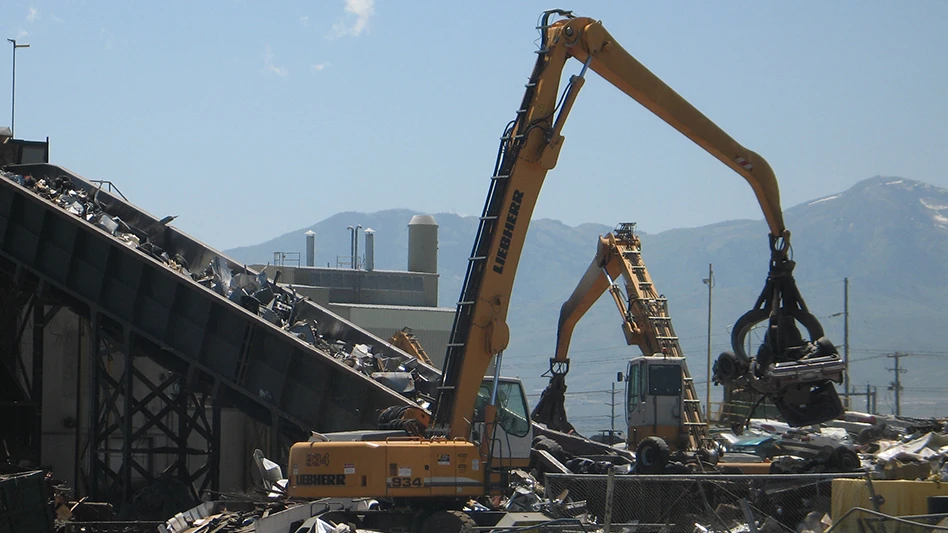
Photo by Brian Taylor
A combination of circumstances appears to be aligning to stop the upward price momentum that has characterized the ferrous scrap market in the previous 60 days.
High scale prices seem to have helped narrow a previous supply deficit, while, on the demand side, domestic steel output has leveled off at the same time overseas scrap buyers are expressing little interest in scrap priced at January’s high values.
Steel output in the United States declined by 1.2 percent the week ending Jan. 23 compared with the week before, according to the Washington-based American Iron & Steel Institute (AISI).
On the plus side, vaccines are starting to be distributed, and the federal and some state governments are approving infrastructure projects likely to create steel demand in the future. However, COVID-19 continues to affect economic activity, and construction activity overall is beginning to show signs of slowing down.
In early January, the Arlington, Virginia-based Associated General Contractors of America (AGC) pointed to “ongoing downturns in private and public nonresidential construction” as a concern.
Steelmaker Gerdau has expressed concern about the low, subexpansion December 2020 figure for architectural billings in the U.S.
Also likely to influence February pricing is a reported lack of demand from overseas buyers, who played a key role in the December and January price surge. Industry trade journals Fastmarkets AMM and Davis Index are both reporting a lack of buying from cross-border markets for U.S. scrap.
A Jan. 25 Fastmarkets AMM report characterizes Turkish mills as continuing “to hold back from deep-sea scrap purchases at the start of this week amid limited demand for [the] reinforcing bar and billet” they produce. The publication also describes “dim buying interest” in Vietnam and a Taiwanese market in which buyers are “staying away.”
Davis Index started the week by characterizing buyers in Bangladesh as having “gone silent” and an Indian market that was having trouble establishing pricing acceptable to both buyers and sellers. In the Indian subcontinent region, only Pakistan is being described as having a “demand uptick” at the end of January.
One trader tells Recycling Today, “I think prices have moved up too much too quickly, and buyers need a breather as they cannot continue to pay such prices. It’s not only Turkey—I see other markets quiet, in the bulk arena as well as in the container business.”
Beyond February, steelmakers and recyclers alike will be keeping a close eye on whether a combination of vaccines and social distancing restrictions can spark a return to better public health. If dormant economic sectors begin to rebound at the same time infrastructure funding turns into activity, there is no ruling out additional bull markets for ferrous scrap in 2021.
Latest from Recycling Today
- ReMA accepting Lifetime Achievement nominations
- ExxonMobil will add to chemical recycling capacity
- ESAB unveils new cutting torch models
- Celsa UK assets sold to Czech investment fund
- EPA releases ‘National Strategy to Prevent Plastic Pollution’
- South Carolina launches recycling app
- Resource Recycling Systems transitions to employee ownership model, refreshes branding
- APR upgrades PCR certification program





